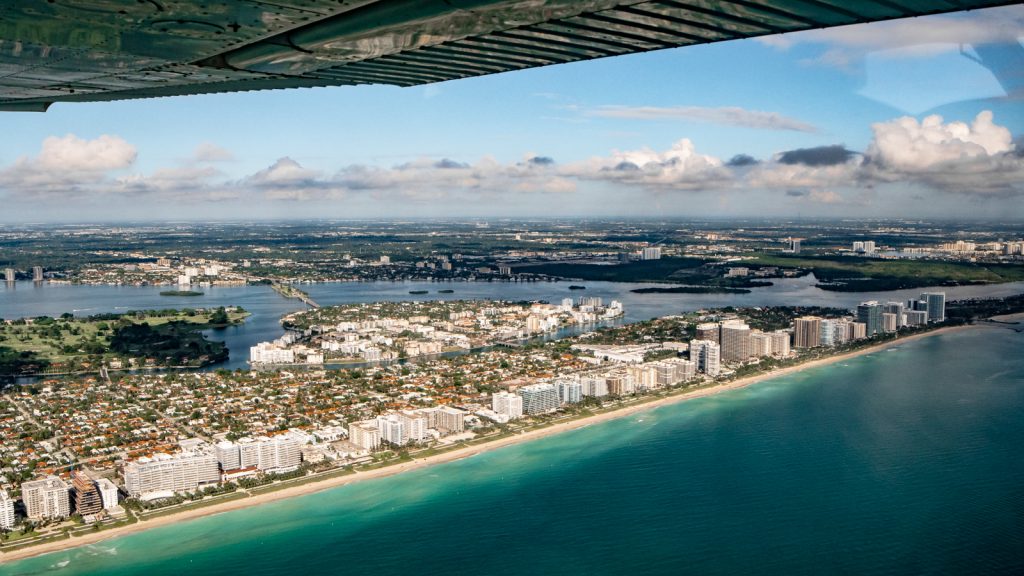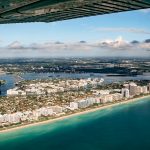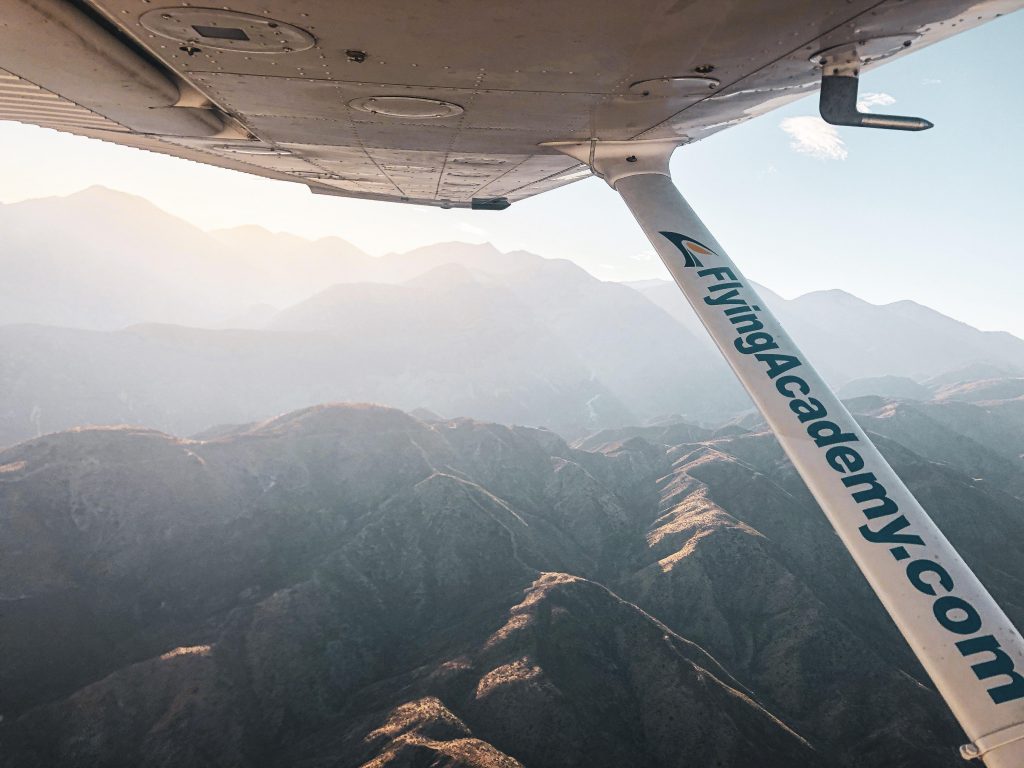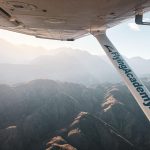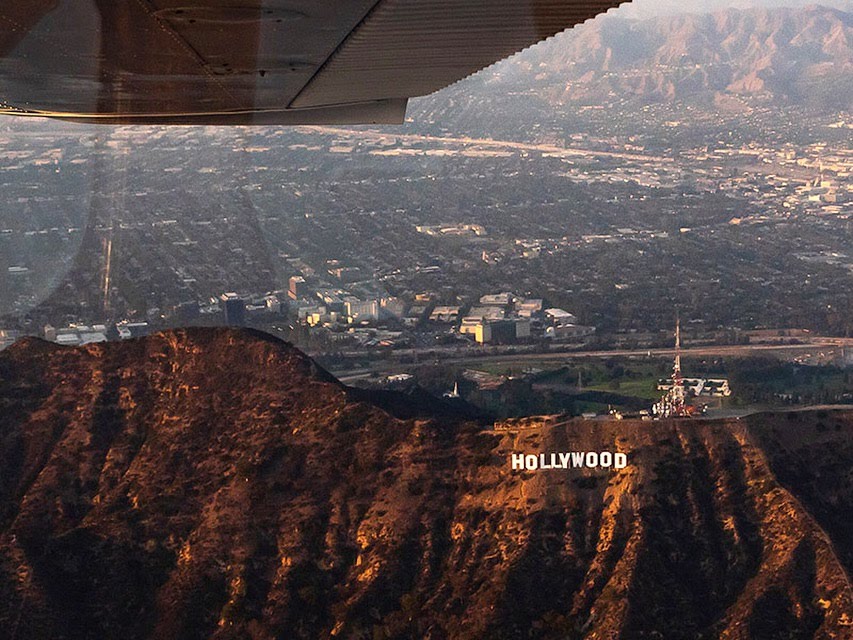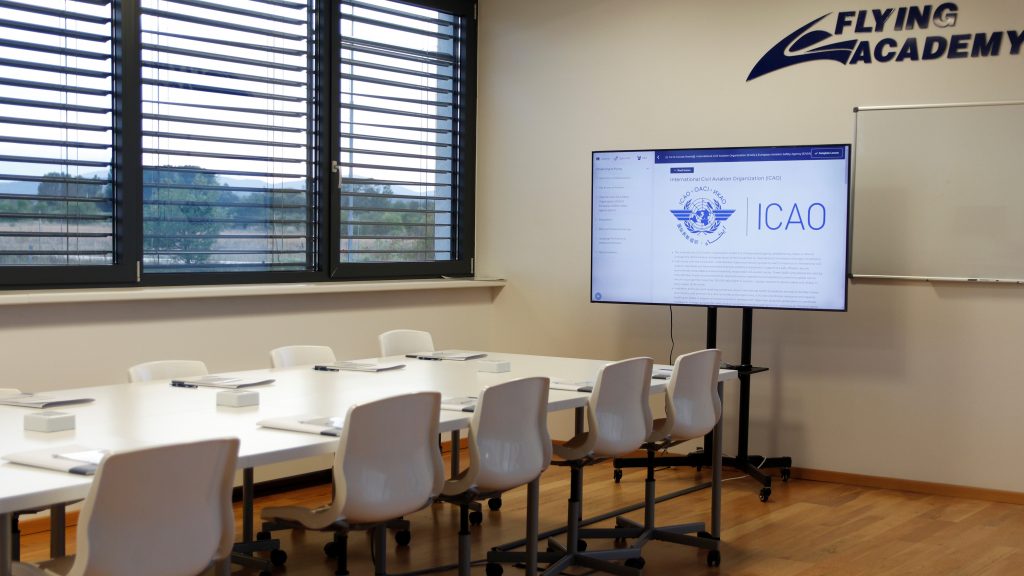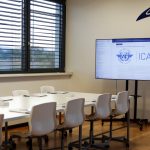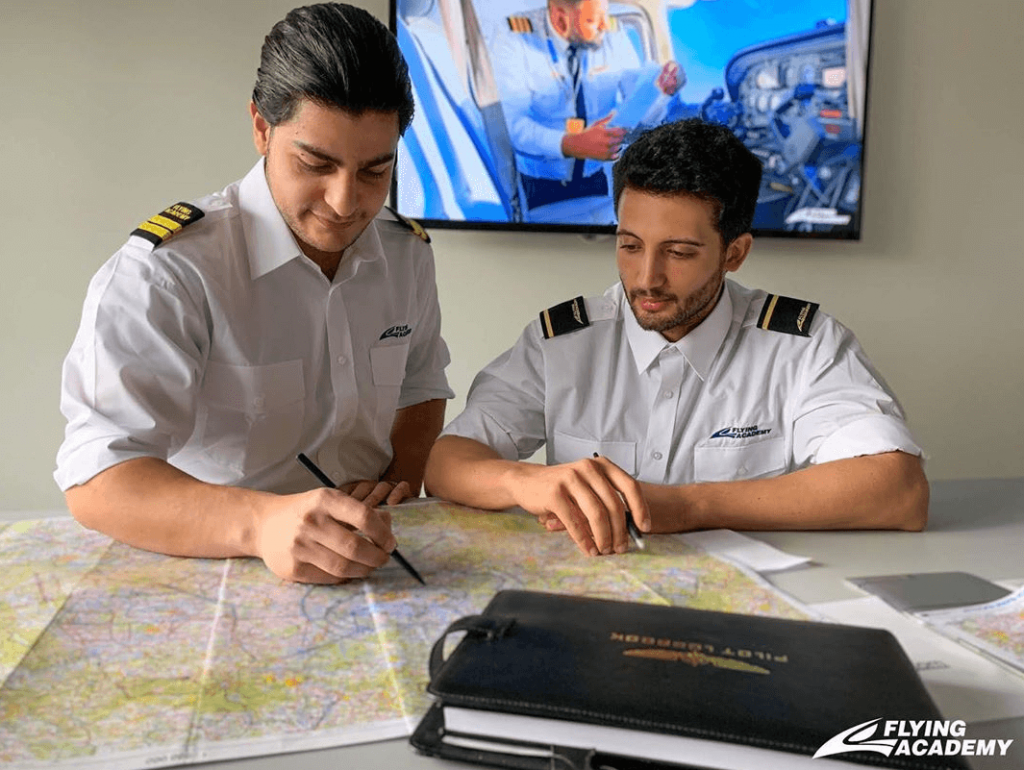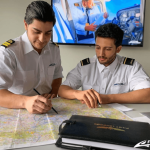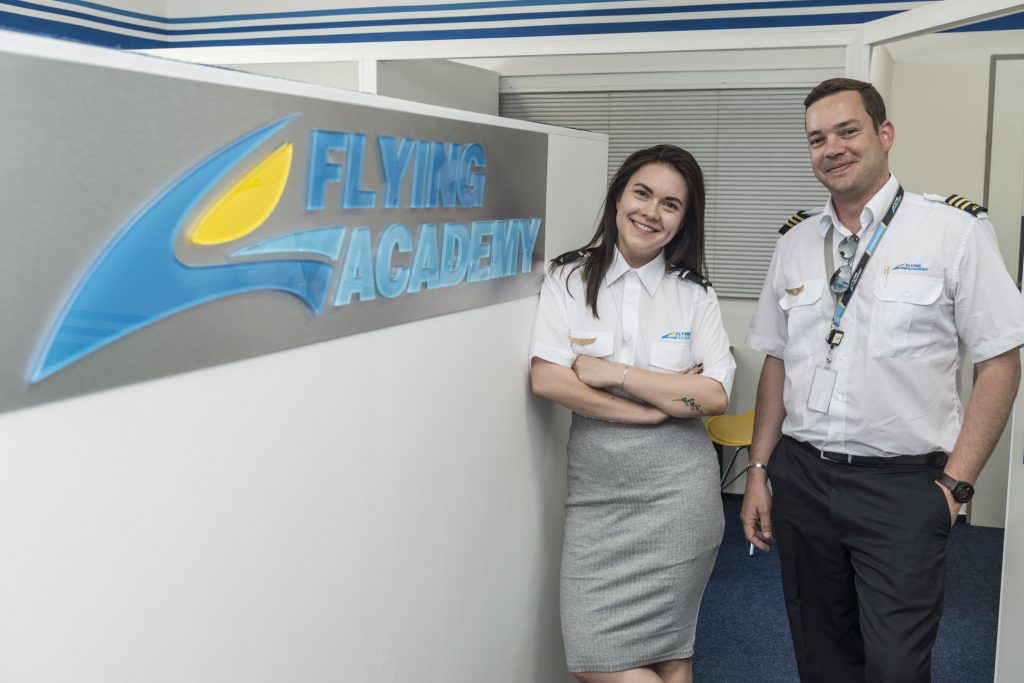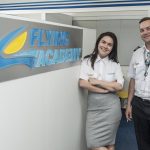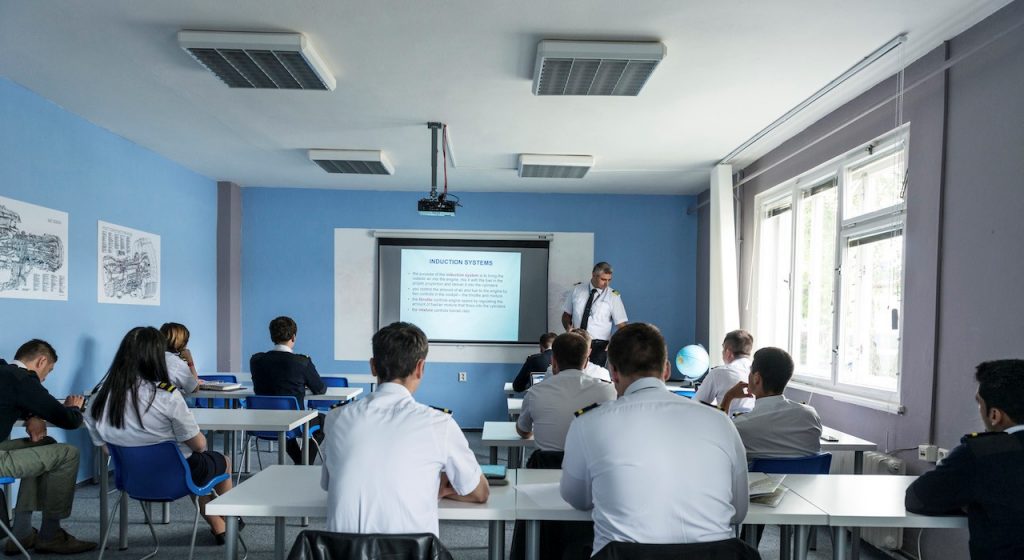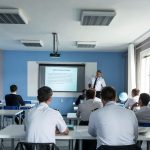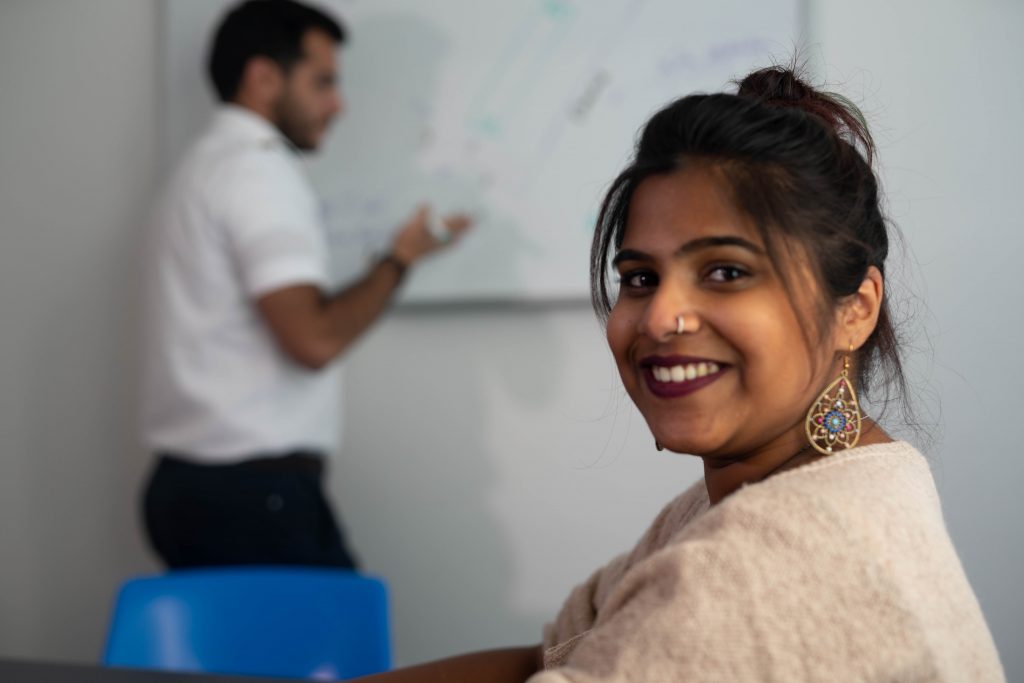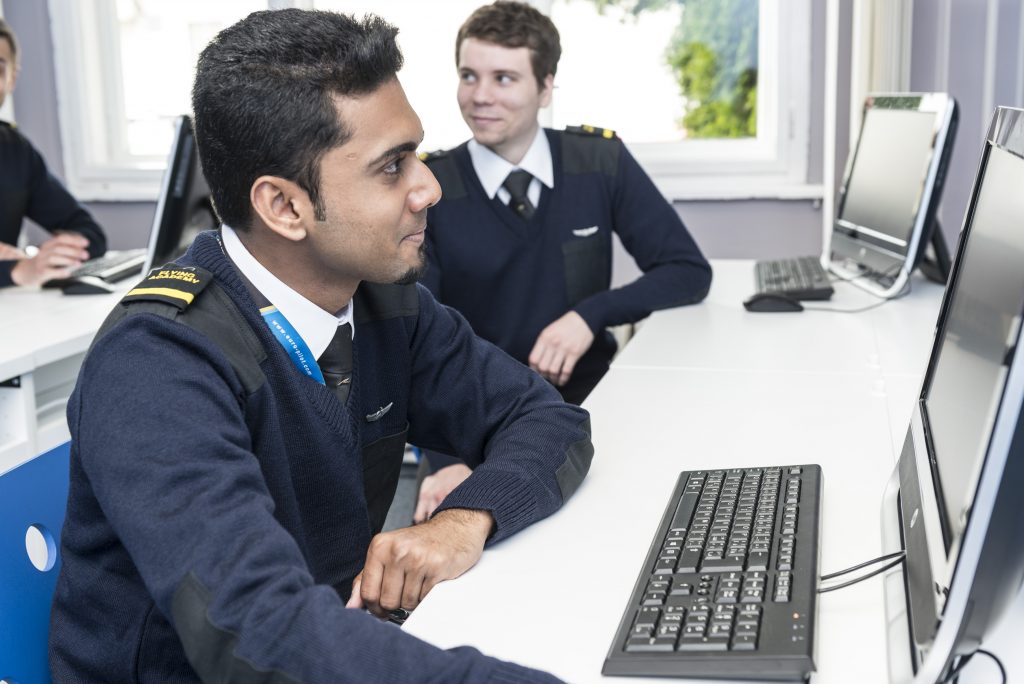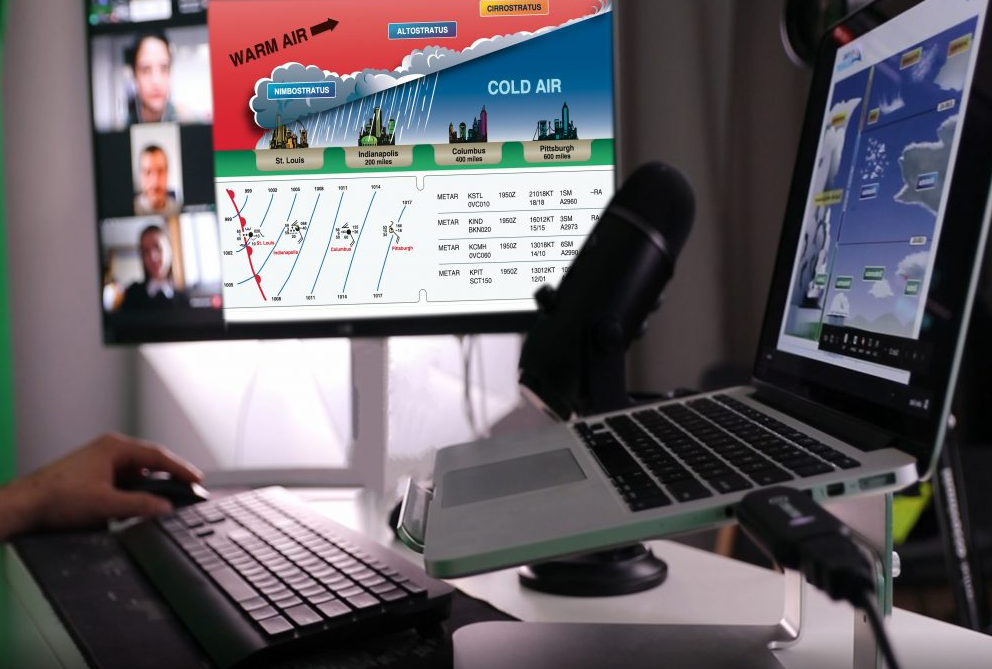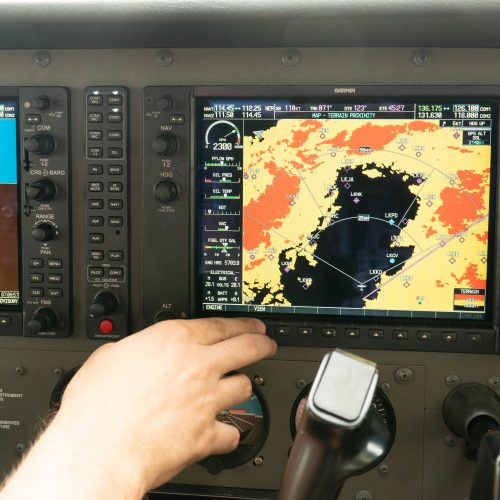
Overview
Of the Course
PPL (A) training is the first step towards becoming a professional pilot and our online theory courses are designed for applicants with 0 to little flight experience.
Private Pilot License – EASA PPL (A) is a qualification that allows the holder to fly on single engine piston (SEP) aircraft in visual meteorological conditions (VMC) as pilot-in-command (PIC) or co-pilot on aircraft in noncommercial operations without remuneration.
Ground Training
The Remote PPL (A) Theory is conducted as a fully distant training course. The ground lessons are provided by professional lecturers from our modernly equipped studio. The classes are performed daily, giving you the possibility to study on a daily basis even when you are away from school! The course covers all 9 subjects of the PPL syllabus.
At the end of the course, you will have to demonstrate a sufficient level of theoretical knowledge, which will be tested on a set of 9 written tests from the theoretical subjects. To pass the PPL(A) theoretical examination you need to achieve a score of at least 75% from each subject. The theoretical examinations are conducted at the Civil Aviation Authority.
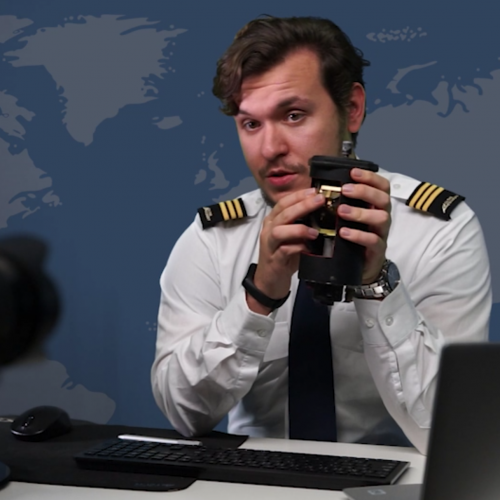
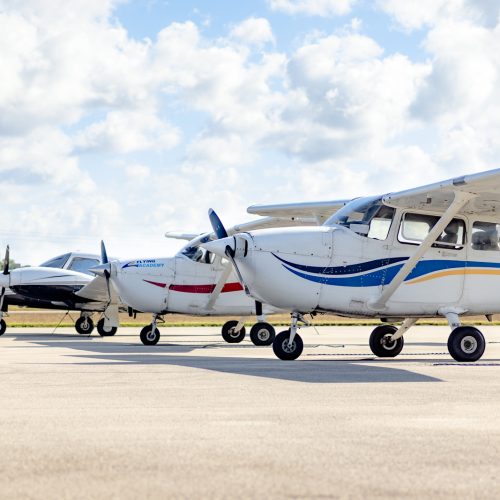
Flight Training
Flight training is performed on a single engine piston (SEP) aircraft according to visual flight rules (VFR).
At the end of the flight training, you will have at least 45 hours total time.
10 hours of solo flights:
Solo hours include local solo flights and solo navigation cross-country flights under supervision of the flight instructor on the ground
35 flight hours dual with an instructor:
Dual hours are divided into 3 stages and cover basic airplane handling, take-offs and landings, advanced maneuvers, emergency procedures, simulated instrument flying and navigation flying.
Once you pass the theoretical exams at the CAA and complete your practical training, you will need to prove your practical skills. The practical exam is performed under the supervision of a CAA-authorized examiner You will need to demonstrate your ability to:
1-Operate the airplane within its limitations
2-Complete all maneuvers accurately and smoothly
3-React according to the procedures in case of emergency 4-Exercise good judgment and airmanship
5-Apply aeronautical knowledge
6-Maintain control of the aircraft
Course Curriculum
Theoretical Training
Theoretical Exam
Flight Training
Practical Exam
Requirements
16 Years Old
16 years of age & above
Class 2 Medical License
Must hold a valid Class 2 Medical Certificate
Qualifications
Must be Proficient in English, Mathematics and Physics

